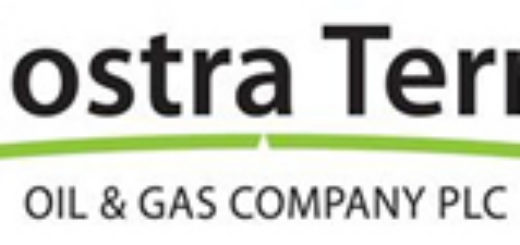German finance minister Wolfgang Schaeuble has sought to lower expectations ahead of Thursday’s EU leaders’ summit in Brussels, insisting the scale of the permanent Eurozone bail-out fund will not be decided at the meeting. Mr Schaeuble said the size of the new European Stability Mechanism (ESM) would be “considered throughout March”. Germany has signalled that it could pay half of its contribution to the ESM this year, and Mr Schaeuble urged other countries to pay as much as possible into the fund as soon as they can, according to The Telegraph.
One of BSkyB’s biggest investors has warned that James Murdoch’s exit from News International suggests he will soon also lose his position as chairman of the pay-TV broadcaster. Mr Murdoch’s resignation from News International, the UK newspaper business that owns The Sun and The Times, was announced on Wednesday but shareholder Crispin Odey suggested it would be followed by further changes. Mr Odey, whose fund Odey Asset Management owns 2.7% of BSkyB, has been one of Mr Murdoch’s most loyal champions. However, he said Wednesday’s move suggested Mr Murdoch was now out of favour in the News Corporation empire and that the matter had been taken out of shareholders’ hands, The Telegraph says.
Scrapping international credit rating agencies such as Standard & Poor’s and Moody’s would not make bond markets any more volatile, a leading City investor told MPs yesterday. Georg Grodzki, the head of credit research at Legal & General Investment Management, told the Treasury Select Committee that his own analysts could assess the credit quality of companies at least as well as the agencies. Their presence was “helpful” but by no means necessary, he said — although he admitted that banishing ratings would make life tougher for smaller investors and could impede the ability to trade in and out of debt. “They don’t do a better job, as such. The fact that the work they produce is reasonable is positive for the market; it adds to the diversity of opinion,” Mr Grodzki told the committee, The Times reports.
Sales of weapons and military services by the world’s biggest arms companies have continued to rise during the downturn and now exceed $400bn (£250bn), a leading independent research body has reported. Though the increase has slowed, just 1% year-on-year in 2010, the rise in sales has been 60% in real terms since 2002, figures released by the Stockholm International Peace Research Institute (Sipri) showed. The total sales, including military services, of the top 100 arms companies, reached $ 411.1bn (£257.6bn) in 2010, Sipri said. However, its report did not include Chinese arms supplies worldwide and has only limited data on Russian arms manufacturers who are vying with US firms in Latin America and other regional arms markets, The Guardian says.
One of Britain’s most influential bankers has raised serious concerns about a splurge of money creation by central banks, on the day the European Central Bank pumped €530bn of cheap new loans into the system. Peter Sands, the chief executive of Standard Chartered, said: “Central bankers are pumping money in but, in doing so, risk laying the seeds for the next crisis.” His words came within hours of 800 banks across Europe scooping up cheap three-year loans issued by the ECB as part of its efforts to ease pressures in the banking system and spur economic growth. Mr Sands said that the new loans programme, known as LTRO, together with other money creation programmes such as quantitative easing, represented an unprecedented surge in the intervention and expansion of central bank balance sheets. “There are particular risks arising from the … scale of central bank intervention,”he added, writes The Times.
Homeowners sat on Halifax standard variable rate mortgages at 3.5% could be in for a rude shock, as the lender has paved the way to hike their monthly payments, an expert has warned. The mortgage lending giant has an estimated 1m borrowers paying its standard variable rate, many of whom will have reasoned that they are safe from having their rate jump as long as the UK base rate remains at its record 0.5% low. But Halifax’s recent move to lift a SVR cap – a special deal that only affects 40,000 of its borrowers – could actually mean an imminent rate rise of almost 0.5% for all, says Ray Boulger, of mortgage broker John Charcol, The Daily Mail says.
The Governor of the Bank of England, Sir Mervyn King, has accused Britain’s banks of trying to profit at the taxpayer’s expense by rigging the Treasury’s attempts to boost small business lending. In a remarkable outburst at the Treasury Select Committee, Sir Mervyn launched a scathing attack on the banks and claimed that Labour had been too easily swayed by the forceful banking lobby when in power. He also dismissed the threat to the UK’s AAA sovereign credit rating – urging the Government not to be “slaves to the rating agencies”, while testimony by a colleague revealed a split among rate-setters over how quantitative easing (QE) should be conducted, The Telegraph reports.







